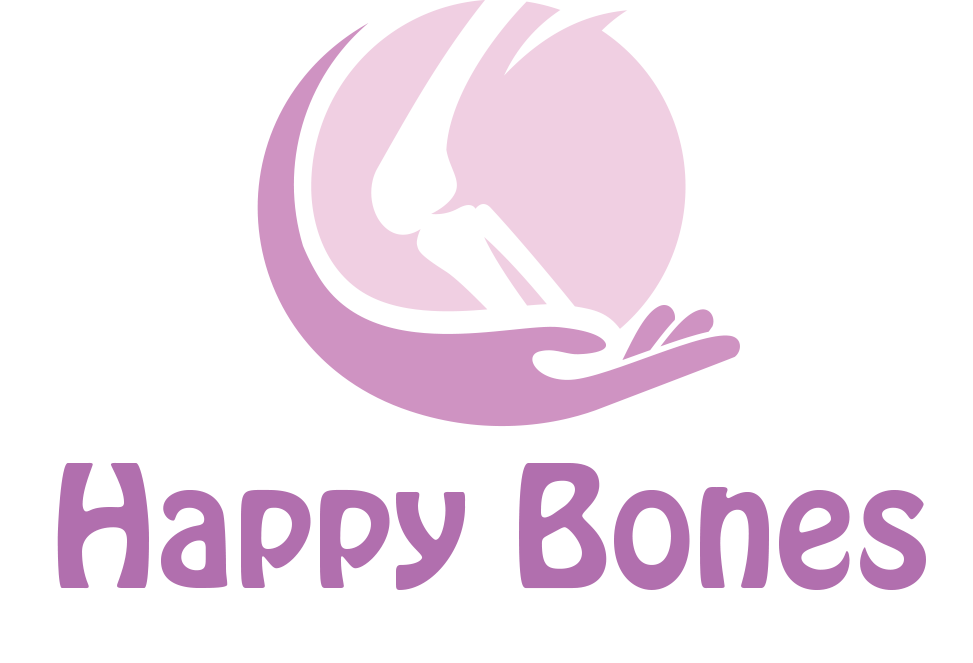About the project

Menopause is an age-dependent physiological condition associated with a natural decline in estrogen levels. Women spend a significant part of their lives in postmenopausal state and menopause should not be viewed as a sign of impending decline. Menopause represents a transitory period of physiologic changes, whereby women move from a low to a higher metabolic disease risk profile. Moreover is well demonstrated that women in menopause have an higher risk to be depressed or to suffer other correlated diseases.
In particular, the decline in estrogen level causes a progressive decrease of muscle mass and strength and bone density. Sarcopenia and osteoporosis often coexist in elderly people, with a prevalence of the latter in elderly women. The profound interaction between muscle and bone induces a negative resonance between the two tissues affected by these disorders worsening the quality of life in the postmenopausal period. It has been estimated that at least 1 in 3 women over age 50 will experience osteoporotic fractures, often requiring hospitalization and long-term care, causing a large financial burden to health insurance systems. Hormonal replacement therapy is effective in osteoporosis prevention, but concerns have been raised with regard to its safety.
On the whole, the increase in life expectancy for postmenopausal women along with the need to improve their quality of life makes it necessary to develop specific and safe therapeutic strategies, alternative to hormonal replacement therapy, targeting both sarcopenia and osteoporosis progression.
Considering this, HAPPY BONES project wants to promote physical activity for women who aged 50-65 by offering an innovative exercise protocol to involve them in a moderate physical activity and as a consequence, strengthen personal resources and above all, to do a physical activity necessary for their well being. Thus, the project through the development of its exercise protocol aims to promote the importance of health-enhancing physical activity through increased participation in exercise for all. For this reason the training will be proposed in two different contexts: at the workplace (in order to elimate the barriers related to mobility form work to the gym, lack of time and money) and to a Sport Association (avoiding only the economic barrier).


